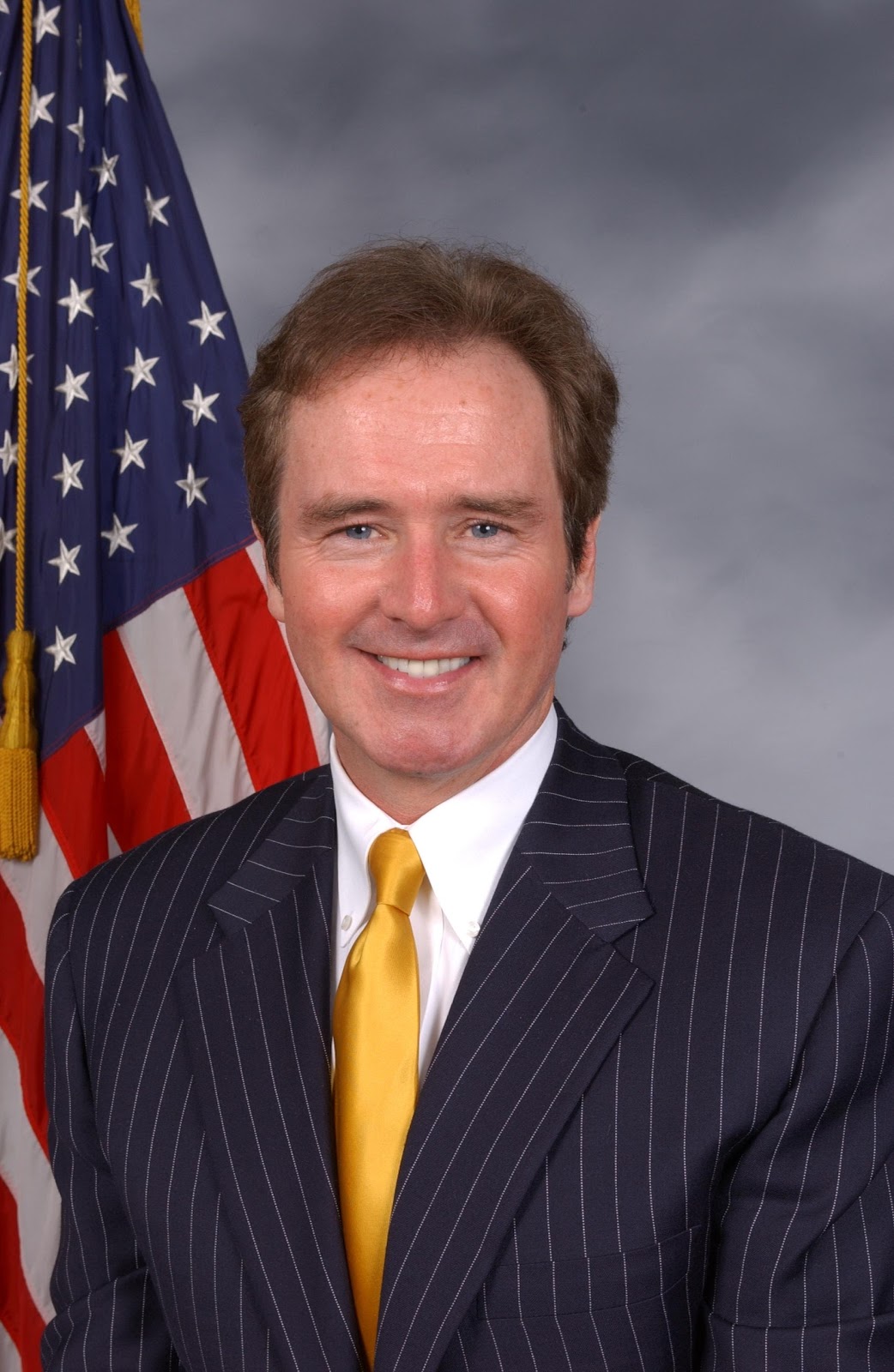STAFF REPORTS

Congressman Brian Higgins (NY-26) is responding to multiple reports confirmed by the Canadian government that the White House is making plans to send 1,000 U.S. troops to the border between the U.S. and Canada.
Higgins, who serves as Co-Chair of the House of Representatives Northern Border Caucus, released the following in response:
“This plan by the Administration to deploy over 1,000 U.S. troops to the Northern Border is a waste of valuable military resources during a public health crisis, and a totally unnecessary aggressive front on the border we share with America’s greatest ally. Three days ago the Customs and Border Protection Buffalo Field Office reported a 90% decrease in border crossings. There is nothing occurring at our northern border that can’t be managed by Customs and Border Protections officers and their counterparts in the Canada Border Services Agency (CBSA). If troops are to be deployed they would be better utilized in operations assisting with the construction of hospitals and distribution of emergency supplies, on a mission to save lives.”
Congressman Higgins’ office has also reached out to the Department of Homeland Security and the U.S. Department of Defense for further information. Higgins wrote to the Homeland Security Secretary, whose agency proposed the deployment, expressing opposition to the plan. A copy of the letter is below:
The Honorable Chad Wolf
Acting Secretary
Department of Homeland Security
3801 Nebraska Avenue, NW
Washington, DC 20016
Dear Acting Secretary Wolf,
I am very concerned about recent reporting that indicates your intention to send 1000 military personnel to support Customs and Border Protection operations at the northern border.
The mutual agreement between the United States and Canada restricting non-essential travel to slow the spread of COVID-19 was an unfortunate, but necessary step. Troops being stationed at the border “to increase CBP’s capacity to protect public health and prevent the spread of COVID-19” is an unnecessary escalation that negatively impacts our long-standing friendly relationship with our ally.
The militarization of the border with personnel and resources stands in contradiction to our history of coordination and cooperation with our Canadian partners. The Administration’s concern with border crossings in between ports of entry should be addressed through diplomatic channels as opposed to unilateral action.
Canada has demonstrated a willingness to work with the United States on securing and protecting the land border. In the mutual agreement, Canada committed to returning asylum-seekers attempting to enter the country outside of official ports of entry. The Administration would be allocating military resources that can be utilized in more productive ways to secure the homeland.
The US-Canada border should remain un-militarized and I strongly urge you to reconsider this proposal.
Sincerely,
Brian Higgins
Member of Congress
Higgins’ Western New York district, which encompasses the cities of Buffalo and Niagara Falls, borders Southern Ontario and includes three automobile and two rail crossings between the United States and Canada.

